Disclosure: This article contains affiliate links. We may earn a commission from purchases at no extra cost to you, which helps our travel content.
The moment my feet left Table Mountain's edge, time suspended. For three exhilarating seconds of free-fall before my bungee cord caught, I witnessed Cape Town's grandeur from a perspective few experience—suspended between mountain and sea, between terror and ecstasy. This city at Africa's edge isn't just a place of extraordinary beauty; it's a playground for those seeking the sublime rush of adrenaline against a backdrop of unparalleled natural splendor. Over my two-week expedition, I discovered that Cape Town offers a rare marriage of luxury accommodations and raw, untamed adventure experiences that challenge both body and spirit. Whether you're soaring above Atlantic coastlines, diving into shark-infested waters, or navigating roaring rapids, this South African jewel delivers experiences that redefine what adventure travel can be. Here's my curated guide to ten experiences that will push your limits while immersing you in the conservation story of this remarkable region.
1. Shark Cage Diving in Gansbaai
Just two hours from Cape Town lies Gansbaai, the undisputed global capital of great white shark encounters. Unlike typical tourist experiences, I opted for a conservation-focused expedition with Marine Dynamics, whose work combines thrilling cage dives with meaningful research that helps protect these magnificent apex predators.
The experience begins before dawn, when the Atlantic carries a mystical quality. After a briefing on shark behavior and conservation challenges, we boarded a custom vessel equipped with viewing decks and a specialized cage system. The anticipation builds during the 20-minute journey to Dyer Island, known as 'Shark Alley' for good reason.
Slipping into the cage, the water's chill instantly vanishes when the first shadow appears. There's nothing that prepares you for a 15-foot great white shark gliding past, mere inches from your face. The experience is humbling, terrifying, and oddly meditative. These aren't mindless killers but perfectly evolved predators moving with surprising grace.
What elevated this experience was the research component—each encounter is documented, contributing to studies on shark populations facing devastating decline from finning and bycatch. The full-day experience includes gourmet meals and premium transportation, proving conservation and luxury aren't mutually exclusive.
My underwater camera captured incredible footage, though the mental images remain far more vivid than any digital recording could ever be.
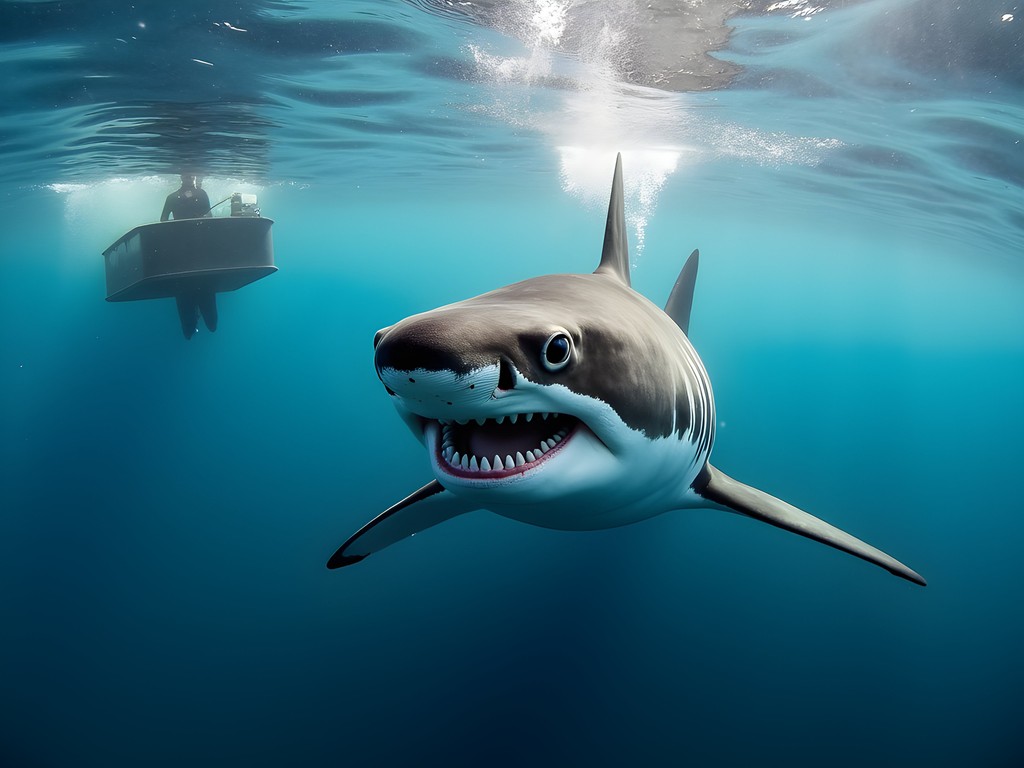
💡 Pro Tips
- Book at least three months in advance as conservation-focused operators have limited spaces
- Take motion sickness medication even if you don't typically need it—the waters can be unpredictable
- Wear dark swimwear—bright colors can attract unwanted attention from sharks
2. Abseiling from Table Mountain
There's something profoundly humbling about dangling 1,000 meters above sea level, suspended by a rope on the face of one of the world's most iconic mountains. Table Mountain isn't just Cape Town's defining geographical feature—it's also home to the world's highest commercial abseil.
After taking the cable car to the summit (a breathtaking journey in itself), I met my guides from Abseil Africa, who combine technical expertise with an infectious enthusiasm for their mountain home. The safety briefing was thorough, but nothing truly prepares you for that first backward step into nothingness.
The initial moments are pure adrenaline—your body screaming against the unnatural act of walking backward off a cliff. Then, as you find your rhythm, time slows. Suspended between sky and earth, you gain a perspective of Cape Town few ever witness. The city unfolds like a map below, while the vast Atlantic stretches to the horizon. The 112-meter descent takes only about 20 minutes, but the memory imprints permanently.
What makes this experience exceptional is the juxtaposition of extreme adventure with natural wonder. Table Mountain hosts more plant species than the entire United Kingdom, and as you descend, guides point out rare flora clinging to seemingly impossible crevices in the ancient sandstone.
I wore my climbing gloves which provided crucial grip control during the descent while still allowing me to operate my camera for those once-in-a-lifetime shots.
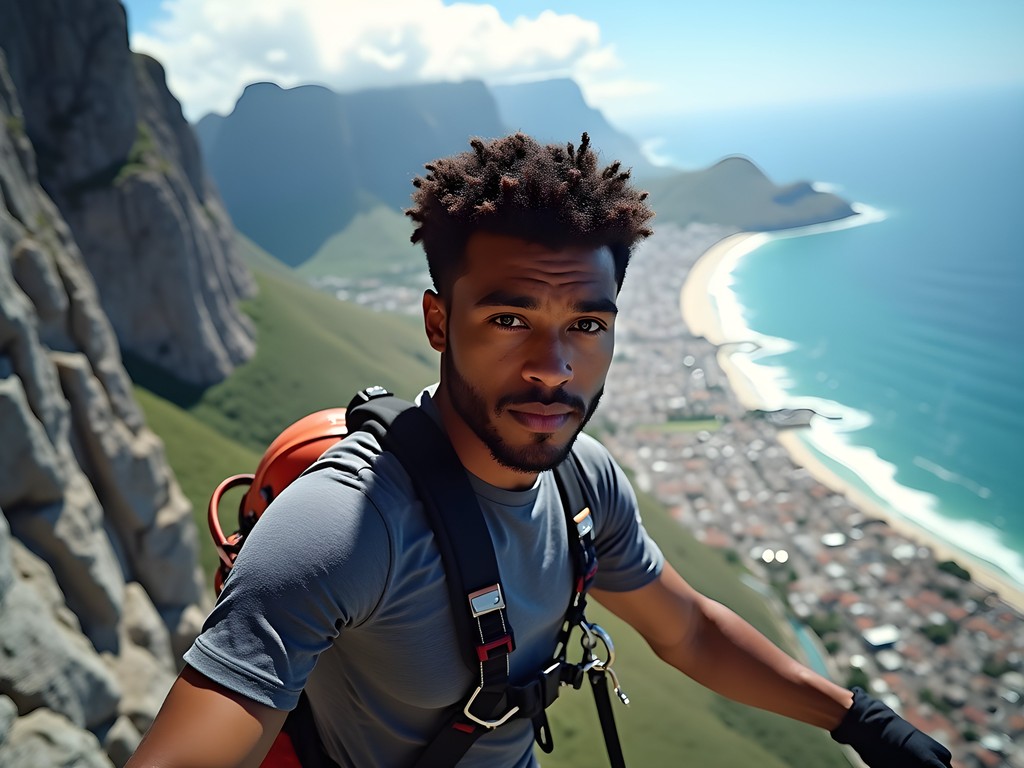
💡 Pro Tips
- Book the first morning slot for the best light and lowest winds
- Wear layers—the mountain creates its own weather system and conditions change rapidly
- Consider hiking up and abseiling down for the full experience if you're physically prepared
3. Paragliding from Lion's Head
If abseiling offers an intimate connection with the mountain, paragliding delivers the ultimate freedom of flight. Lion's Head, the distinctive peak adjacent to Table Mountain, provides the perfect launch point for what can only be described as the closest thing to growing wings.
I partnered with Cape Town Tandem Paragliding, whose pilots combine decades of experience with an infectious passion for aerial adventure. The preparation is surprisingly minimal—a brief safety orientation, strapping into the harness, and then waiting for that perfect gust of wind.
The launch requires a leap of faith, a few running steps, and suddenly—you're airborne. The transition from earth-bound to soaring is so smooth it feels surreal. As thermal currents lift you higher, Cape Town reveals itself in panoramic splendor. To one side, the Twelve Apostles mountain range cascades into the Atlantic; to the other, Table Mountain stands sentinel over the city bowl; ahead, Robben Island floats on the horizon.
What distinguishes this experience is the dance with natural elements. Unlike motorized flight, paragliding relies on reading wind patterns and thermal currents. My pilot pointed out how seabirds indicated the best lifting currents, showing how adventure and natural awareness intertwine.
The flight lasts 15-30 minutes depending on conditions, culminating in a gentle landing on the beaches of Camps Bay or Signal Hill. I captured the entire experience with my action camera mounted to my helmet, preserving both the breathtaking views and my (embarrassingly enthusiastic) reactions.
For those seeking the ultimate perspective, this is Cape Town's most exhilarating viewpoint—a meditation on freedom that stays with you long after your feet touch the ground.
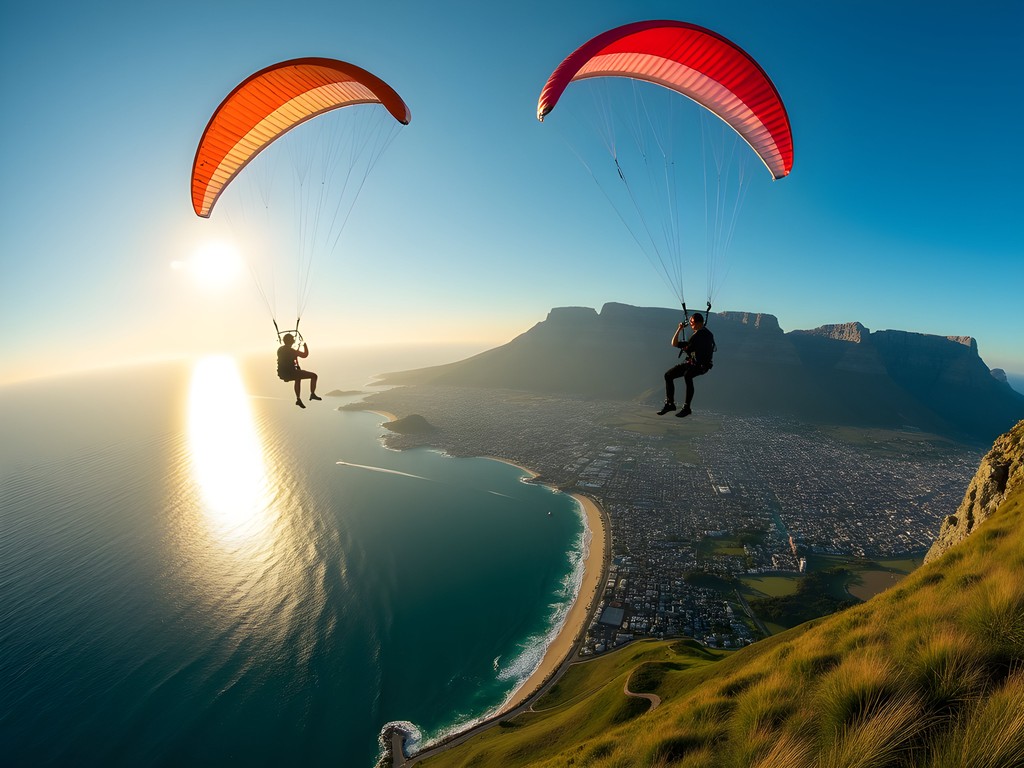
💡 Pro Tips
- Morning flights offer the smoothest air conditions and best light for photography
- Wear closed-toe shoes with good grip for the takeoff run
- Request the 'acro' option if you want heart-stopping aerial maneuvers during your flight
4. Diving with Seven-Gill Sharks in Simon's Town
While great white encounters deliver undeniable adrenaline, my most profound underwater experience came from a far less publicized adventure—free diving with seven-gill sharks in the kelp forests of False Bay. These ancient predators, virtually unchanged for 150 million years, offer a rare opportunity to interact with living dinosaurs in their natural habitat.
Into The Blue Scuba Diving Center in Simon's Town operates small-group experiences that prioritize animal welfare and habitat conservation. Unlike cage diving, this encounter happens on the sharks' terms—no bait, no cages, just respectful observation in their underwater realm.
After a comprehensive briefing on shark behavior and kelp forest ecology, we boarded a small vessel for the short journey to a protected cove near Miller's Point. Slipping into the cool Atlantic waters, the first sensation is one of entering another world. The dense kelp forest creates cathedral-like chambers of filtered sunlight, swaying rhythmically with the surge.
Within minutes, the first seven-gill appeared—a six-foot prehistoric marvel gliding effortlessly through the underwater landscape. Unlike their open-ocean cousins, these sharks move with deliberate calm, curious but cautious. Over two hours, we encountered more than a dozen individuals, some approaching within arms' reach, studying us with ancient eyes.
What makes this experience transformative is the absence of barriers—both physical and psychological. Without a cage, you must confront and then transcend instinctive fears, reaching a state of peaceful coexistence with these misunderstood predators.
I wore my 3mm wetsuit which provided adequate thermal protection while maintaining the flexibility needed for free diving in the kelp forest environment.
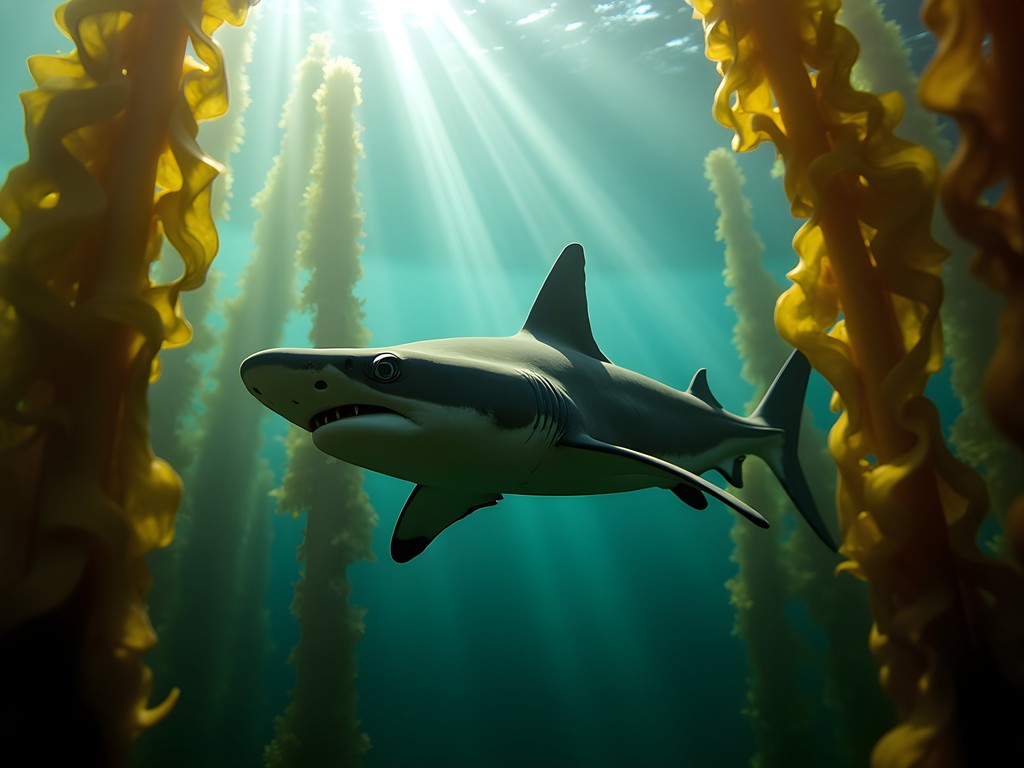
💡 Pro Tips
- Complete a free diving course before attempting this advanced experience
- Water temperatures range from 55-65°F (13-18°C), requiring proper thermal protection
- Avoid wearing shiny jewelry or watches that might be mistaken for fish scales
5. Kloofing in the Suicide Gorge
Deep in the Hottentots Holland Nature Reserve lies one of Cape Town's best-kept adventure secrets—the aptly named Suicide Gorge. "Kloofing" (derived from the Afrikaans word for "ravine") combines elements of canyoning, wild swimming, and cliff jumping into one heart-pounding experience.
I joined Earth Adventures for this full-day expedition, beginning with a scenic hour-long drive from Cape Town and a challenging 3km hike to reach the gorge entrance. The anticipation builds with each step as the distant sound of rushing water grows louder.
Upon reaching the gorge, the true nature of the adventure becomes clear—the only way forward is to commit fully to the journey. The route follows the river's course through a dramatic canyon, requiring participants to jump from increasingly higher cliffs (ranging from 3 to 22 meters) into crystal-clear mountain pools below. Between jumps, you'll swim through narrow passages where sheer rock walls rise hundreds of meters on either side, creating a primordial landscape of stone and water.
The defining moment comes at the infamous "Point of No Return"—a 14-meter jump with no alternative route. Standing at the edge, peering into the churning pool below, you confront your deepest fears. The leap requires complete surrender, a moment of letting go that becomes strangely meditative once you commit.
What elevates this experience beyond mere thrill-seeking is the pristine wilderness setting. The gorge cuts through a UNESCO World Heritage Site containing some of the richest floral diversity on earth. Between adrenaline rushes, our guides identified rare protea species and discussed conservation efforts protecting this ecological treasure.
My waterproof backpack proved invaluable, keeping spare clothes and camera equipment dry through numerous swims and jumps.
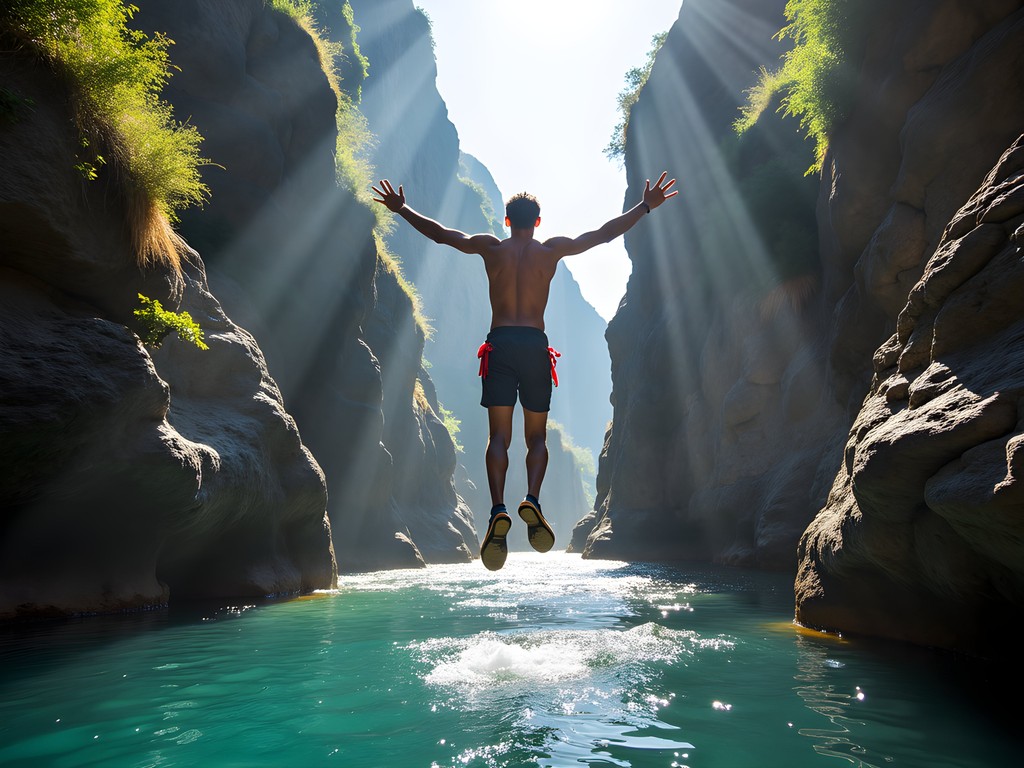
💡 Pro Tips
- This activity is only available from November through April when water levels are safe
- Strong swimming ability is mandatory—there's no easy exit once you've started
- Wear quick-drying clothing and sturdy water shoes with good grip for slippery rocks
6. Helicopter Flips over the Cape Peninsula
While most of Cape Town's adventures deliver raw, physical challenges, sometimes the most breathtaking experiences come from a different perspective. A helicopter expedition over the Cape Peninsula offers an unparalleled overview of this remarkable geographical confluence where two oceans meet around one of the world's most stunning coastlines.
I selected Cape Town Helicopters' "Hopper" tour, which combines luxury transportation with conservation education. Their pilots are not merely skilled aviators but knowledgeable naturalists who provide geological and ecological context to the spectacular vistas unfolding below.
Lifting off from the V&A Waterfront, the helicopter immediately banks toward Table Mountain, offering a perspective few ever witness—the flat "table" revealing itself as an intricate landscape of peaks, valleys and ancient geological formations. As we continued south, the full majesty of the Cape Peninsula revealed itself: the wealthy enclaves of Camps Bay and Clifton nestled between mountain and sea; the dramatic Chapman's Peak Drive clinging to impossible cliffs; and the historic Cape Point lighthouse marking the southwestern extremity of the African continent.
What distinguishes this aerial adventure is the narrative dimension. Our pilot explained how the collision of the cold Benguela and warm Agulhas currents creates one of the world's most diverse marine ecosystems, supporting everything from great white sharks to southern right whales. We spotted several whale pods from our aerial vantage point—a perspective that reveals their full size and movement patterns impossible to appreciate from land.
The 30-minute journey culminated with a dramatic pass over the Cape of Good Hope, where the full force of two oceans meeting creates visible turbulence in the waters below—a fitting metaphor for South Africa itself, where powerful forces of nature and history converge in spectacular fashion.
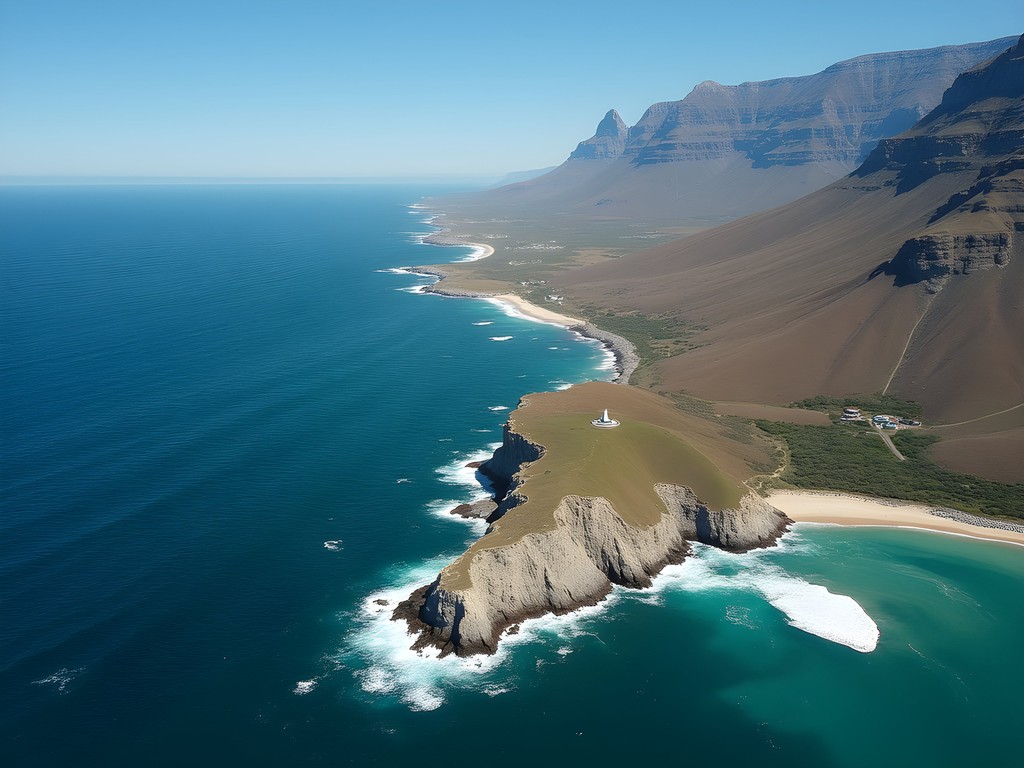
💡 Pro Tips
- Book the first morning flight when winds are calmest and visibility is typically best
- Request a left-side seat when booking for the best views of the coastline
- Bring polarized sunglasses to reduce glare and enhance visibility through the helicopter's windows
7. Sandboarding the Atlantis Dunes
Just 40 minutes from Cape Town's cosmopolitan center lies an unexpected landscape that could easily be mistaken for the Sahara—the massive white sand dunes of Atlantis. This surreal desert environment offers one of Cape Town's most accessible yet exhilarating adventures: sandboarding.
I joined Sandboarding Cape Town, whose guides combine technical expertise with environmental stewardship. After a brief orientation on technique (surprisingly different from snowboarding), we began ascending the massive dunes. The climb itself is challenging—each step sinking into soft sand—but the anticipation of the descent provides ample motivation.
Reaching the summit reveals panoramic views extending from Table Mountain to the Atlantic coastline. But the true thrill comes from strapping in and pointing your board downhill. The first descent is typically cautious, but as confidence grows, speeds increase dramatically. By my third run, I was carving high-speed turns that sent rooster tails of sand flying behind me.
What makes sandboarding uniquely thrilling is the forgiving nature of the landing surface. Unlike snow sports, the soft sand encourages experimentation with jumps and tricks that might be intimidating on harder surfaces. The day evolves into a playground of personal progression, with each run becoming more ambitious than the last.
Beyond pure adrenaline, this experience offers fascinating ecological insights. Our guide explained how these dunes form part of a critical water filtration system for the Cape's aquifers, and how wind patterns continuously reshape this dynamic landscape.
I wore my adventure sunglasses which proved essential for protecting against the intense glare reflected from the white sand while providing crucial eye protection during high-speed descents.
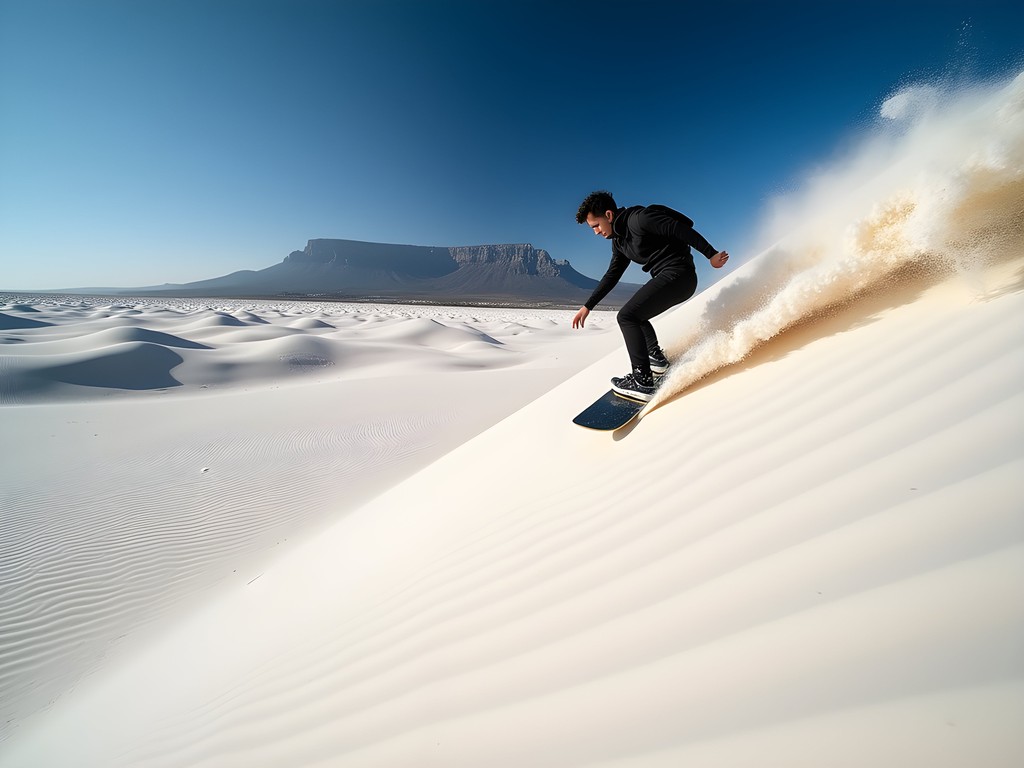
💡 Pro Tips
- Apply sunscreen liberally—the reflection from white sand intensifies UV exposure dramatically
- Bring twice as much water as you think you'll need; the dry environment is deceptively dehydrating
- Wear closed shoes that you don't mind getting filled with sand—the dunes get extremely hot
8. Kiteboarding in Bloubergstrand
For those who've witnessed the colorful kites dancing above Bloubergstrand, the allure is undeniable. This world-renowned kiteboarding destination offers the perfect combination of consistent winds, flat water, and the most photographed view of Table Mountain across Table Bay.
As someone who'd previously kiteboarded in destinations from Maui to Zanzibar, I was eager to test Cape Town's reputation as the sport's global mecca. I arranged a three-day progression with High Five Kitesurf School, whose instructors include former world champions who've made Cape Town their seasonal home.
Bloubergstrand's ideal conditions become apparent immediately—the southeasterly wind (affectionately called the "Cape Doctor") blows with remarkable consistency during summer months, while the shallow bay provides flat water perfect for both beginners and advanced riders performing technical tricks.
After a comprehensive safety briefing and kite control practice on land, we progressed to body dragging in the water, then finally the transcendent moment of harnessing wind power to glide across the surface. By day three, I was comfortable riding upwind and attempting my first jumps—moments of weightless suspension that deliver kiteboarding's signature rush.
What distinguishes this location is the backdrop—Table Mountain dominating the horizon creates a kiteboarding experience that's as visually spectacular as it is physically exhilarating. The international community of riders adds a vibrant social dimension, with impromptu gatherings at beachfront cafés where stories and techniques are exchanged.
I invested in a impact vest before the trip, which provided essential protection during inevitable crashes while learning new techniques without restricting movement.
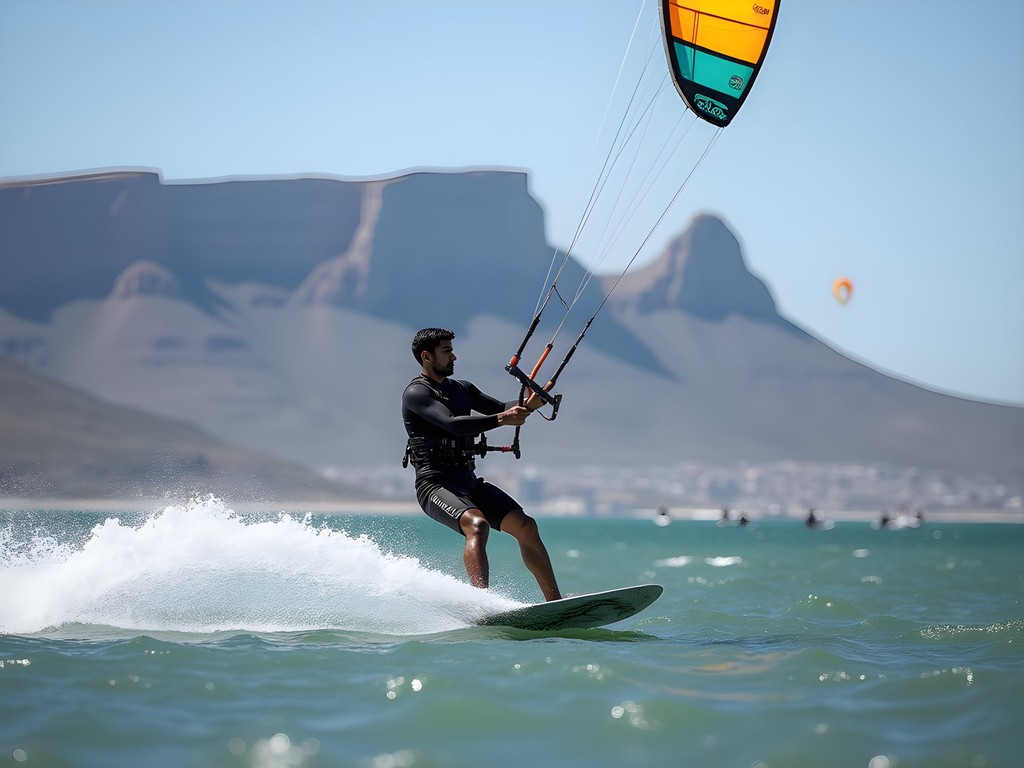
💡 Pro Tips
- Book lessons well in advance—Cape Town's reputation attracts kiteboarders globally during peak season
- The wind typically picks up around 11am and blows strongest between 1-5pm
- Bring reef booties as some entry points have rocky sections that can be uncomfortable barefoot
9. Mountain Biking the Tokai Forest Trails
While Cape Town's adventure reputation often focuses on water and air activities, the region offers world-class mountain biking that deserves equal recognition. The Tokai Forest trails on the eastern slopes of Table Mountain provide a network of single-track routes that challenge technical skills while delivering spectacular vistas.
I arranged a guided expedition with Trail Seekers, who provide high-performance bikes and local knowledge that would be impossible to access independently. After assessing my abilities, my guide customized a route combining technical challenges with the forest's most scenic sections.
The adventure begins in cool eucalyptus groves before transitioning to indigenous fynbos landscapes higher on the mountain. What makes these trails exceptional is their diversity—flowing single-track sections give way to technical rock gardens, while occasional clearings reveal panoramic views across False Bay to the distant mountains of the Overberg.
The highlight came on the infamous "Vasbyt" trail (Afrikaans for "bite hard")—a black-rated descent requiring total concentration as the track drops through a series of rock steps and banked turns. The combination of technical challenge and pure speed creates a flow state where mind and body operate on instinct.
Beyond the adrenaline factor, these rides offer intimate encounters with Cape Town's remarkable biodiversity. Our mid-ride breaks included spotting rare protea species and discussing ongoing restoration efforts to replace non-native timber plantations with indigenous fynbos vegetation.
While Trail Seekers provided excellent bikes, I brought my own mountain biking shoes which offer superior grip on the uniquely challenging terrain found on Table Mountain's slopes.
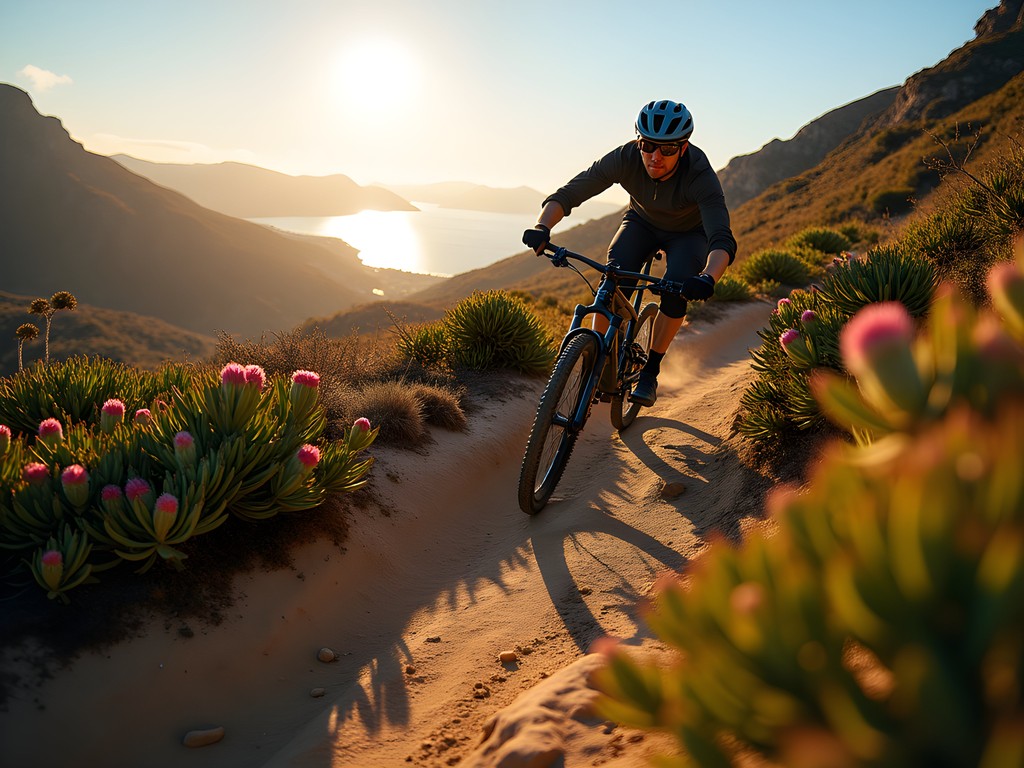
💡 Pro Tips
- Ride early morning to avoid both heat and afternoon winds that can make exposed sections challenging
- Carry more water than you think necessary—the combination of elevation gain and African sun is deceptively dehydrating
- Consider hiring a guide for your first outing—the trail network is extensive and unmarked sections can be confusing
10. Swimming with Cape Fur Seals at Duiker Island
For my final Cape Town adventure, I sought an experience that combined wildlife encounter with physical challenge—swimming with the Cape fur seal colony at Duiker Island near Hout Bay. Unlike controlled animal interactions, this experience places you in the seals' natural environment on their terms.
Animal Ocean operates small-group excursions focused on responsible wildlife interaction. After a comprehensive briefing on seal behavior and ocean safety, we donned thick wetsuits and boarded a specialized rigid inflatable boat for the short journey to Duiker Island, home to over 5,000 Cape fur seals.
Approaching the island, the cacophony of barking seals and the distinctive aroma announce their presence well before you see them carpeting the rocky outcrop. After anchoring at a respectful distance, we slipped into the 55°F (13°C) Atlantic waters. The initial cold shock quickly fades as the first seals appear—curious juveniles performing underwater acrobatics that seem designed to both investigate and impress their human visitors.
What makes this experience magical is the seals' natural playfulness. Unlike many wildlife encounters where animals merely tolerate human presence, these marine mammals actively engage—spinning in spirals around swimmers, blowing bubbles, and occasionally gently mouthing a fin or hand before darting away. Their underwater agility is humbling; what appears as awkward waddling on land transforms into balletic grace beneath the surface.
Beyond pure enjoyment, the experience offers conservation insights. Our marine biologist guide explained how these colonies serve as indicators of ocean health and how plastic pollution particularly threatens these inquisitive animals who often investigate (and sometimes ingest) floating debris.
The underwater mask I brought provided exceptional visibility and comfort during the hour-long in-water experience, allowing eye-to-eye connection with these charismatic marine mammals.
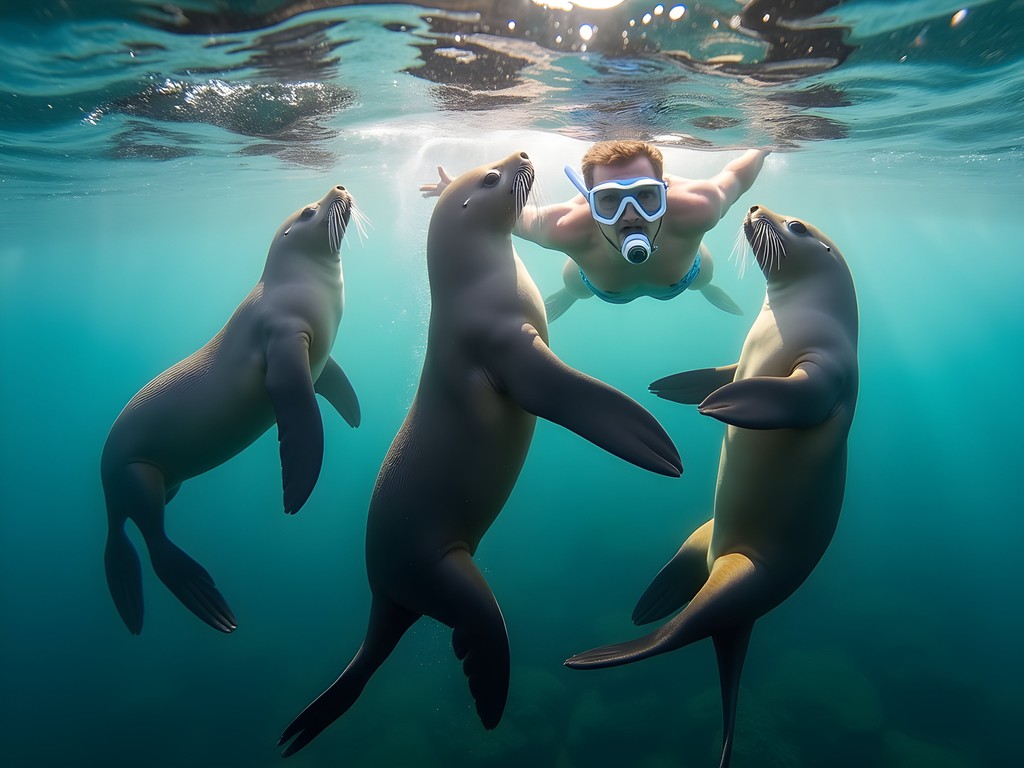
💡 Pro Tips
- Opt for the 7am departure when seals are most active and tourist boats haven't yet arrived
- Consider taking seasickness medication—the short boat ride can be choppy
- Bring a waterproof camera but focus more on the experience than photography—the seals move incredibly fast
Final Thoughts
As my helicopter banked away from Cape Town International Airport, I found myself already plotting my return. This remarkable city at Africa's edge offers a rare combination of raw wilderness experiences alongside sophisticated urban comforts that few destinations can match. What elevates Cape Town beyond mere adventure tourism is the conservation thread woven through each experience—from shark research to fynbos restoration, these activities connect visitors to critical environmental narratives. For the luxury adventure traveler, Cape Town delivers that perfect alchemy of adrenaline, natural wonder, and meaningful engagement with both landscape and wildlife. Whether you're seeking the primal thrill of apex predator encounters or the meditative flow state of technical mountain biking, this is a destination that rewards those willing to push personal boundaries. As the African proverb says, 'The eye never forgets what the heart has seen.' Cape Town's adventures imprint not just on memory, but on the spirit.
✨ Key Takeaways
- Cape Town offers world-class adventure experiences accessible within 1-2 hours of the city center
- Combining activities with conservation education creates more meaningful adventure experiences
- The November-April summer season provides optimal conditions for most outdoor adventures
- Working with specialized operators who prioritize both safety and sustainability ensures the best experience
📋 Practical Information
Best Time to Visit
November through April (summer months)
Budget Estimate
$5,000-8,000 for a 2-week luxury adventure itinerary
Recommended Duration
Minimum 10-14 days to experience multiple adventures
Difficulty Level
Moderate To Challenging Depending On Activities Selected

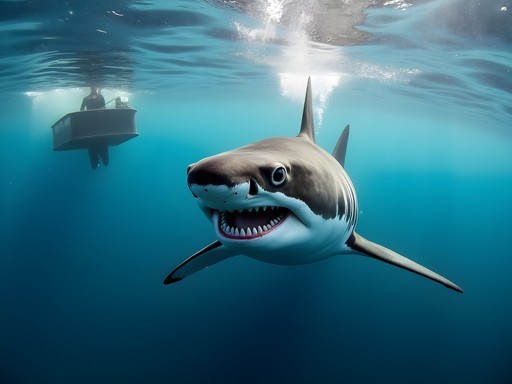







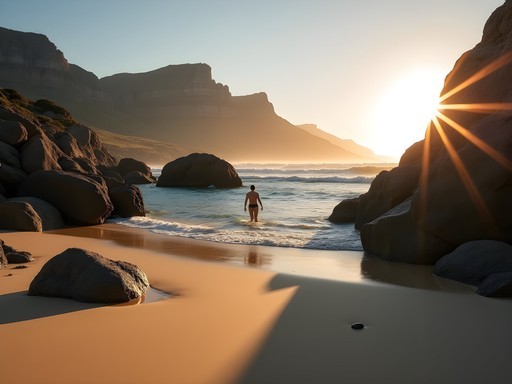
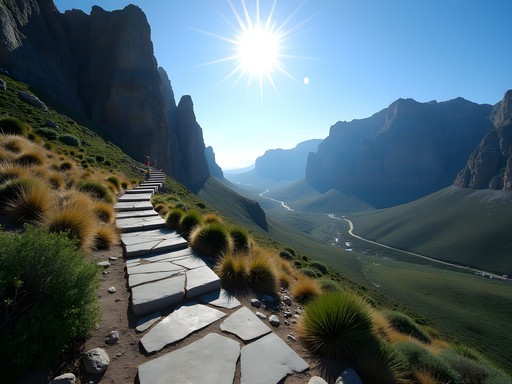

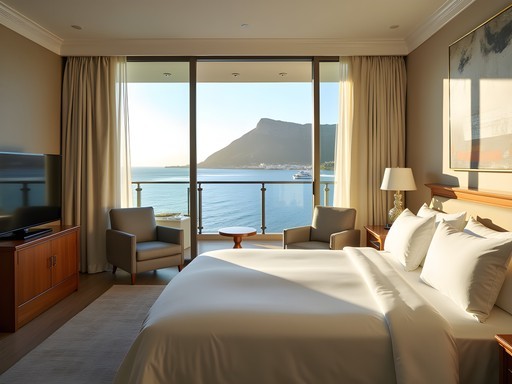
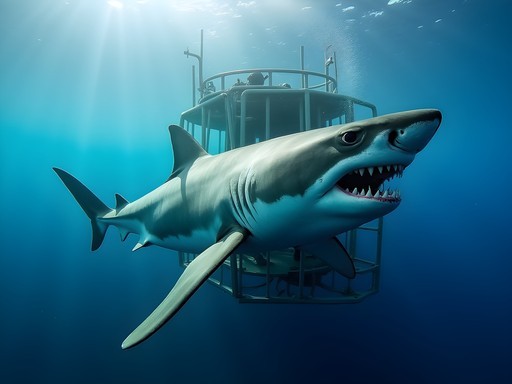
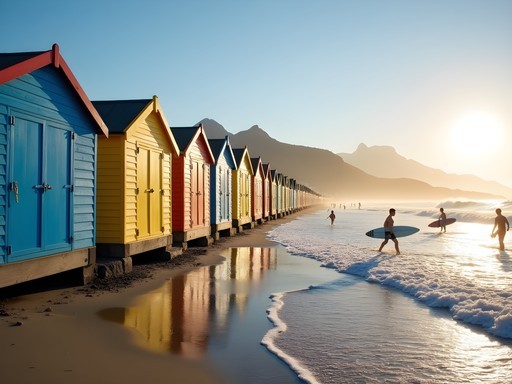
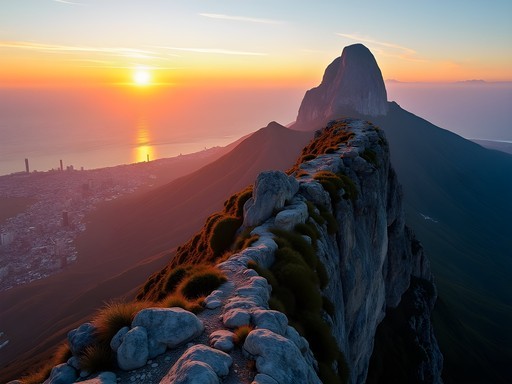

Comments
redlife
Going to Cape Town in April! Question about the Table Mountain abseil - do you need any experience or do they teach you? I'm not super outdoorsy but this looks too cool to miss. Also is it scary?? I'm good with heights but that looks intense haha
vacationblogger
No experience needed! They guide you through everything. First bit is scary but then it's just epic
coolnomad
Going there in March! How many days would you recommend to do most of these activities? And is it easy to get around without renting a car?
Hunter Thompson
I'd say 5-7 days minimum. Most tour companies pick you up from your accommodation so car not essential. Uber works well in the city too!
vacationblogger
Great photos! That abseiling shot is incredible
wildstar
Great photos! That bungee shot is epic
bluerider
Just got back from CT last month. Weather can change super fast so definitely bring layers. Also the wind on Lion's Head is no joke - they cancel paragliding pretty often. Give yourself a few days buffer if that's a must-do.
coolexplorer
Good tip thanks!
Hunter Thompson
YES MATE!! Cape Town is absolutely mental for adventure sports! I did the abseiling down Table Mountain last summer and it was hands down one of the best experiences of my gap year. The guides were brilliant and the views are unreal. Pro tip: if you're backpacking through, you can find combo deals that include multiple activities. I got shark diving + paragliding for about 30% cheaper booking them together through my hostel. Also the seven-gill shark dive is way more chill than Gansbaai if anyone's nervous about great whites!
Hunter Thompson
Mate, brilliant post! I did the paragliding from Lion's Head last summer and it was absolutely mental. The views over Camps Bay are unreal. One thing I'd add - book early in your trip because it's weather dependent. I had to reschedule twice because of wind conditions, but it was 100% worth the wait. Also the pilots are super experienced so even if you're nervous (like I was), you're in good hands. Did you do the sunset flight or morning?
redlife
How much did the paragliding cost? Trying to budget for my trip
Hunter Thompson
Was around 1200 rand when I went, so like £60. Pretty reasonable for what you get!
Ana Robinson
Hayden, this brought back memories! We took our kids to Cape Town last year (they're 12 and 14), and while we skipped the bungee jumping, the paragliding from Lion's Head was absolutely magical. My daughter was nervous at first, but our tandem pilot was so reassuring. We flew at sunset and the views over Camps Bay were something we'll never forget. The kids still talk about it. One tip for families: book early morning slots for Table Mountain activities - way less crowded and the light is beautiful for photos.
coolnomad
Good to know it's family friendly! Was thinking it might be too extreme
wavelife
Did the shark cage diving last year - honestly one of the coolest things I've ever done. The water was freezing though lol. Pro tip: take seasickness meds before you go, the boat ride out can be rough and you don't want to miss the sharks because you're feeling sick.
luckyseeker
Thanks for the tip! How close do the sharks actually get??
wavelife
Like RIGHT up to the cage. You can see their teeth and everything. Wild experience.
skyguide
How scary is the shark cage diving actually? I'm terrified of sharks but also weirdly want to try this. Did you feel safe the whole time? And how much did it cost roughly?
wildstar
Did it last year. Honestly the boat ride is scarier than the sharks lol. They're beautiful up close. Around $150 USD
skyguide
Okay that makes me feel better! Thanks
Venture X
Premium card with 2X miles, $300 travel credit, Priority Pass